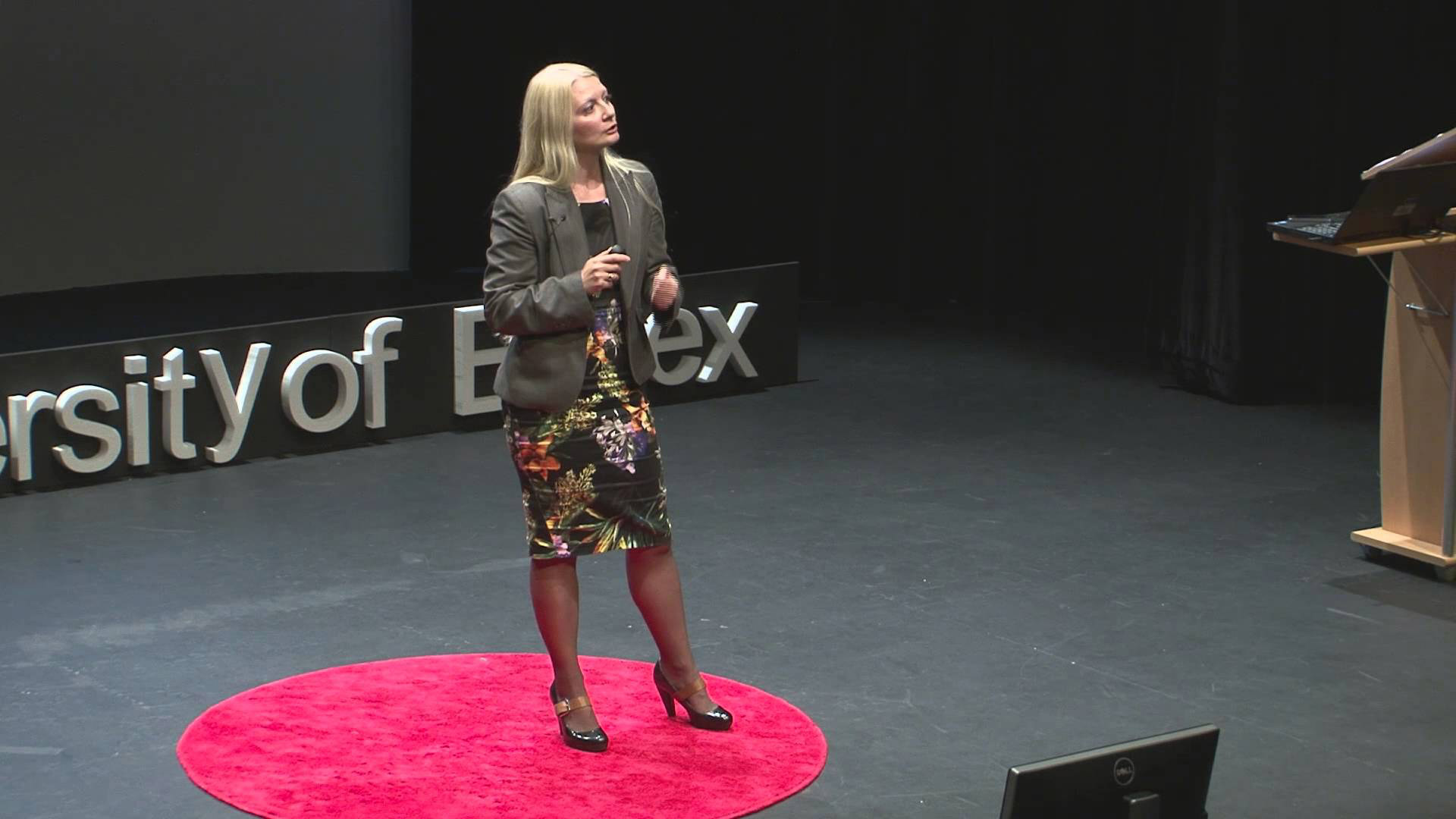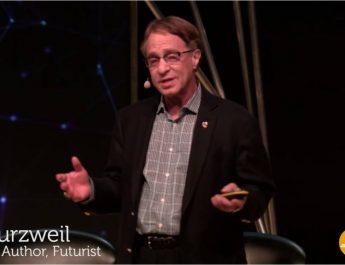The amount of information that we are creating is increasing at an incredible speed. Professor Maria Fasli, Professor in the School of Computer Science and Electronic Engineering and the Director of the Institute for Analytics and Data Science (IADS
“This is the display interface of the Apollo 11 computers. This is the mission that took man to the moon. The Apollo 11 computers were used by the astronauts and they had to be specially trained so that they could enter commands using two digits. The first digit was the verb what was it to be performed and the second one was the noun what kind of data would be affected by the verb.”

“Now if you contrast this interface and the Apollo 11 computers with a modern smartphone like the iPhone 5 you’re going to find some starking differences. iPhone 5 is doing 1270 times faster than the Apollo 11 computers. It has two million times more processing memory (more storage memory) and it is also about 300 times lighter than the Apollo 11 computers.”
“Now, I hope you can appreciate how much computational power you’re carrying with you when you’re working about today but I will leave it up to you to decide whether your smartphone can actually take you to the moon. You are able to use one of these devices simply because of the acceleration in technologies that we’ve seen in the last few years.”
“Moore’s law applies and it suggests that nearly every two years the number of transistors on integrated circuits basically doubles.”
Moore’s law: the number of transistors on integrated circuits doubles nearly every 2 years..
“So you can imagine why we have so much powerful machines. It is said that in the developed world, we are spending about 11 hours processing information on a daily basis. So whatever we do leaves a digital trail.. When you walk around with a mobile phone then we can track where you are with the GPS data. When you go to your doctor, you leave a digital record behind. When you interact through Facebook and Twitter. you generate content yourself and some of you may be generating content even as we speak. When you purchase items on Amazon then we know that you like science fiction movies. When I go to my supermarket, my supermarket knows that I like cheese and chocolate but obviously not at the same time..”
“So the amount of information that we are creating increasing at an amazing speed.. It is said that between 2010-2012, we have actually created more information that in all the years up to our past history.”
“It’s quite interesting to see this with a very simple visualization. So if this is a recorded history, then 2010-12 are just about here and so you can imagine how much data we have generated just between those two years in fact that it is estimated that everyday we’re producing about 2.5 billion gigabytes..”
It is estimated that we are creating 2.5 billion GB per day..
“That’s a lot of information. That’s millions, trillions of bytes that we are generating on a daily basis. In june 2014, CISCO updated their annual IP traffic projections for the next five years and there are some interesting projections there..”
By 2018, there will be about four billion global Internet users and
21 billion networked devices and connections.
“There by 2018, the number of users that will be using the internet will be about 4 million. In 2013, it was 2.5.. and they’re going to be about 21 billion network devices by 2018. In 2013 there were about 12.. I will not even mention the staggering rate of information that will be changed through mobile phones which by 2018 is going to read 190 exabytes. In 2013 we only produced 18.. So you can imagine the how much information we’re producing. That brings us to Big Data because it’s clear that we generate a lot of data..”
Who is Professor Maria Fasli?
Professor Maria Fasli is based in the School of Computer Science and Electronic Engineering at the University of Essex and she is the Director of the Institute for Analytics and Data Science (IADS). She obtained her BSc from the Department of Informatics of T.E.I. Thessaloniki (Greece). She received her PhD from the University of Essex in 2000 having worked under the supervision of Ray Turner in axiomatic systems for intelligent agents. She has previously worked in the area of data mining and machine learning. Her current research interests lie in agents and multi-agent systems and in particular formal theories for reasoning agents, group formation and social order as well as the applications of agent technology to e-commerce.

She is currently undertaking research on agents and multi-agent systems and their theoretical foundations and practical applications, the analysis and modelling of complex and big data that can be structured or unstructured, user profiling, recommendation techniques and semantic information extraction, trust mechanisms, and self-organisation in distributed systems.

Her Research Interests are;
- Multi-agent systems and autonomous adaptive systems
- Data exploration; analysing and modelling complex data; Big data; analysis and modelling of structured and unstructured data
- Machine learning; modelling opponents; learning behaviours from data
- Reasoning and analytics over multiple streams of data; Internet of Things (IoT) reasoning and analytics
- Individual and collective user profiles; profile adaptation; contextualised profiles
- Recommender systems; collaborative filtering; reputation systems
- complex systems modelling; dynamics of financial systems and markets
- Market mechanisms; negotiation protocols; strategic interaction; supply chain management
- Semantic matching; resource search; cloud computing resource allocation
- Trust in agent societies; trust mechanisms; trust in decision making
- Formal theories of agents and multi-agent systems; BDI agents
- Cognitive agents; knowledge and belief; self-reference
- Software engineering methodologies for agents and multi-agent systems
- Social dynamics; regulation of agent societies; roles and power; institutions
- Self-organisation; team formation
- Serious games for education and learning; collaborative learning




